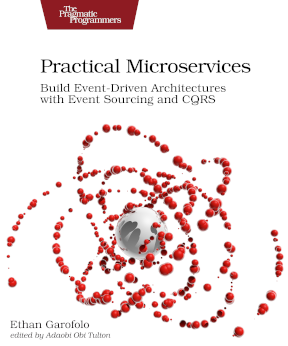SpaceX recently attempted to launch their Starship into orbit.
It didn’t make it. 🚀 💥
The team described what happened as a “rapid unscheduled disassembly,” and I just think that’s great.
Now, a vehicle like that costs more than I’ll ever make in my life, yet the team views this flight as a success.
Why?
I can think of two reasons. First, they didn’t really expect that it would make it to orbit. And second, that puppy was loaded with telemetry.
They’d probably be more concerned if it had gone to orbit because they were expecting it not to. Success is a failure of your understanding if you’re expecting failure.
As to the telemetry, there comes that moment when you can’t learn anything else by study and need to put something out into the wild. Just make sure when you do that if it fails, you’ve collected enough data to know what happened.
In some ways, a “successful” flight would have been a disappointment. No one gets a complicated system like that right on the first attempt, and if it had gone off without a hitch, then the SpaceX team wouldn’t have been able to tell where their designs needed additional work.
Embrace the rapid unscheduled opportunities to learn.
